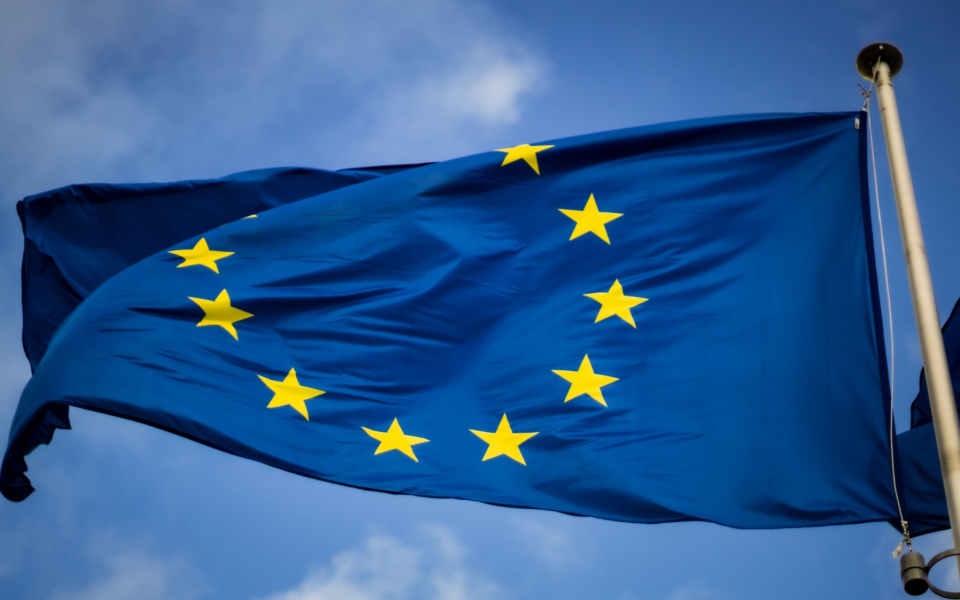In a significant development in global AI policy, the European Union (EU) is reportedly on the brink of a deal that could lead to the comprehensive regulation of artificial intelligence (AI) technologies like ChatGPT and Google Bard.
According to a report by Bloomberg, extensive discussions took place from Wednesday into the early hours of Thursday, with biometric surveillance being a key point of contention. Representatives from the European Commission, European Parliament, and 27 EU member states have reached an agreement on a control framework for generative AI tools such as those developed by OpenAI Inc. and Google
This progress brings the EU a step closer to adopting the AI Act, a wider legislative measure. If enacted, the EU will become the first government outside Asia to implement stringent regulation on AI technology.
AI regulation has sparked intense debate, with the EU striving to strike a balance between protecting its AI startups like France's Mistral AI and Germany's Aleph Alpha and mitigating potential societal risks. Though a consensus is anticipated shortly, the technical specifics of the Act will necessitate further dialogue.
The EU policymakers' proposal would require AI developers to keep records of their training models, summarize any used copyrighted material, and label AI-generated content. Additionally, systems that pose "systemic risks" would be required to collaborate with the commission through an industry code of conduct and monitor and report any incidents related to the models.










